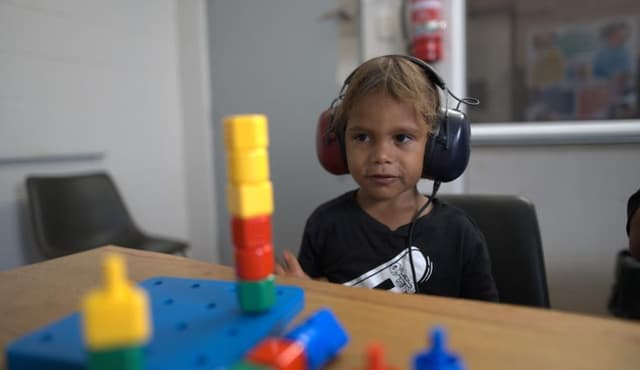Allied Fields
Children in the child protection system need more say about their care, experts say

Freya Lucas
Nov 16, 2022
Save
Children who are engaged with the child protection system should be more involved and should have a voice when making decisions about their protection, health experts from Charles Darwin University (CDU) and Australian Catholic University (ACU) have said.
Researchers conducted in-depth interviews with 18 child protection practitioners to determine how they understood participation in the context of the child protection process, finding that while most practitioners understood participation they found it difficult to implement. Other practitioners interviewed discussed participation as child-focused decision-making but did not refer to the child’s involvement in the process.The results, published in Child & Family Social Work, show that decisions were often being made about a child’s protection without any input from the child, co-author Dr Steven Roche said.
“The research suggests that there is a gulf between the theory of participatory decision making in child protection and the practice because there is not much reference to listening before acting,” he continued.
“There is also a wide interpretation of what participation actually means in practice to decision makers.”
Dr Roche said the evidence has shown that participatory decision-making succeeds, but the problem was how practitioners interpreted the nuances of participation.
Fellow author Dr Elise Woodman said there was a need to do more to ensure children consistently have child-friendly opportunities for participation.
“We need children’s input in the ways organisations operate, more training about how to go about children’s participation, and to consider the conditions and supports practitioners need to implement good participatory practice in a demanding environment,” Dr Woodman said.
Despite best practice being widely known, there are ongoing challenges in the space, Dr Roche continued.
“This is about children’s rights. When children are engaged and understand the process, there are better long-term results,” he said.
“But it's difficult to find the time to develop relationships and build trust with children when you have a high caseload, the threat of worker burnout, and a high staff turnover.”
Read the full research paper here.
Don’t miss a thing
Related Articles



















